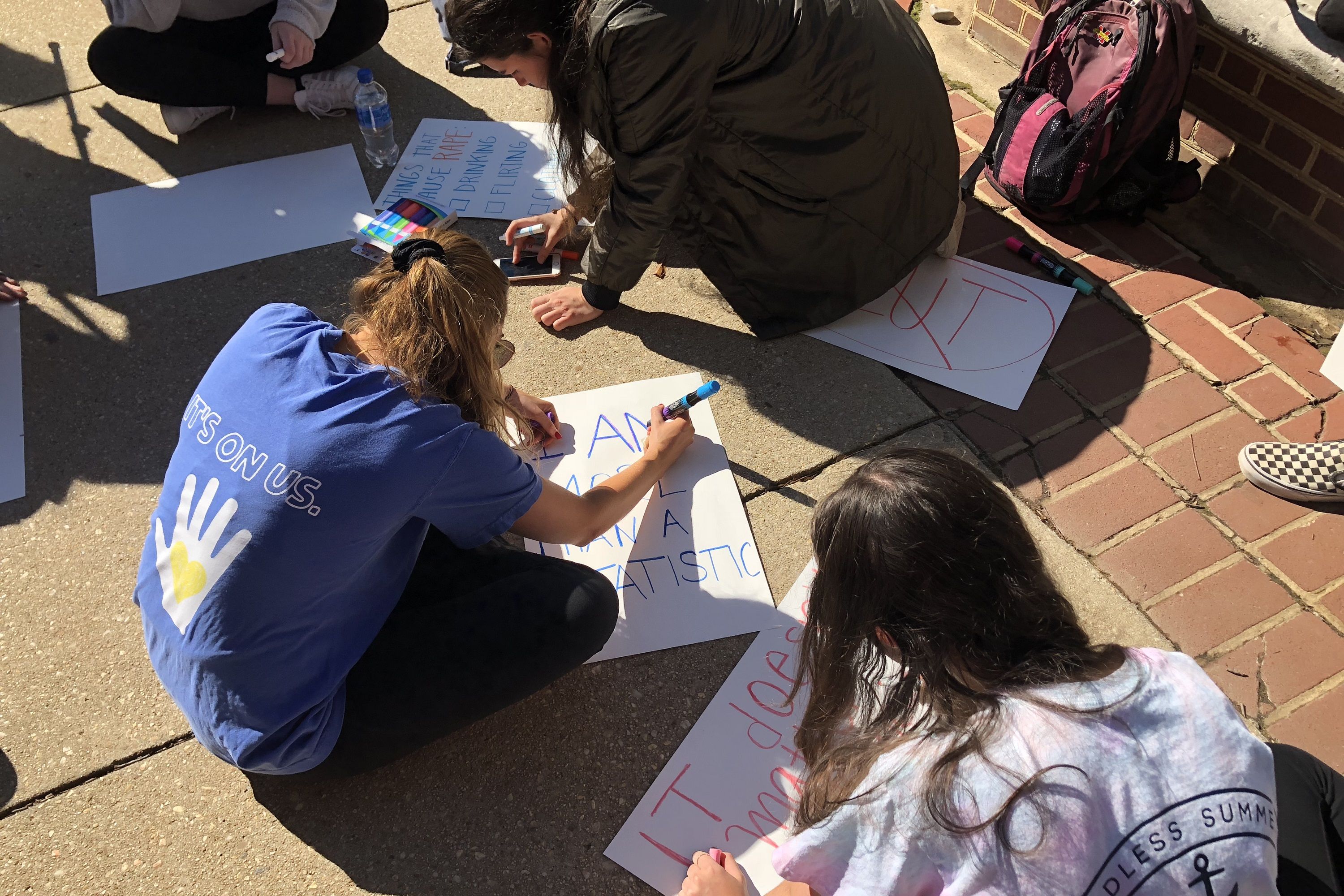Views expressed in opinion columns are the author’s own.
Sexual assault is a pervasive part of college life, especially during the first few months of the academic year. More than 50 percent of college sexual assaults occur in August, September, October or November. It’s time to take a proactive, forceful stance on preventing sexual assault.
The University of Maryland should do away with exclusively online sexual assault prevention training and implement in-person training for all students instead.
At this university, all incoming students are required to complete three “wellness” trainings: Alcohol EDU, Prescription Drug Abuse Prevention and Sexual Assault Prevention. All of these programs are online, optimizing convenience but not necessarily effectiveness.
These online programs aren’t taken seriously by students because, well, they aren’t that serious: It’s absurdly easy to complete them. Students don’t view Alcohol EDU or the Sexual Assault Prevention programs as the holy grail of preventative information. Instead, they’re seen as irksome gateways to simply click through and finish as quickly as possible.
If the university implemented in-person sexual misconduct training, students wouldn’t have the option to ignore it. In-person education and training enhances focus and enables students to be active participants. When it comes to preventing sexual assault, students need to take the tools and education provided to them seriously.
What would in-person sexual assault prevention training look like? Other universities, businesses and corporations have implemented sexual harassment prevention workshops for their employees and students. The best place for this university to start is by adapting the training the university’s Student Government Association underwent for its Reclaim the Red initiative, highlighting “The Red Zone” or the time of the year when the most sexual assaults occur.
At the mandatory training for SGA members, students learned about “power-based violence, consent, rape culture, handling disclosure of sexual assault and confidential resources on the campus.” In creating the training, the SGA partnered with CARE to Stop Violence, a confidential reporting resource on campus for survivors of sexual assault, sexual harassment and other sexual misconduct.
If there’s already a sexual misconduct workshop established, there’s an existing plan the university could adapt for the general student body. Modifying the SGA’s training is less of a hassle for the university than creating a brand new program, and there’s already a space for the training in first-year courses.
The purpose of first-year classes such as UNIV100 is to orient students with their new surroundings at the university. And unfortunately, sexual assault is a part of the new environment. These courses have the potential to educate, inform and empower students about sexual assault and harassment in a way they can’t just click through, and they have a more substantial and concrete impact than online training.
If there’s no time for sexual assault prevention education in these courses, the university could still mandate in-person workshops outside of class. If it shows it takes sexual assault seriously, so will students.
It’s important that the university require online sexual misconduct training, but it’s simply not enough. Coupling the current online prevention with in-person workshops and training would provide the best education for students and provide them with the skills and tools they need to be aware of sexual misconduct and how to prevent it.
Maya Rosenberg is a sophomore journalism and public policy major. She can be reached at maya.b.rosenberg@gmail.com.



